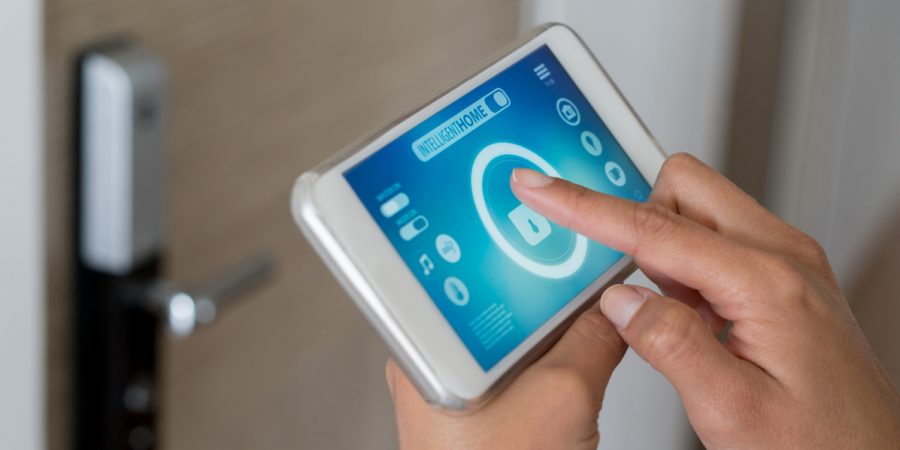Since smart home security systems arrived on the market, most of the press has agreed on one thing: the future is here. TechRadar hailed Nest’s smart CCTV camera as “sophisticated and well-supported”. The Guardian gave the Ring Video Doorbell five stars. Which’s consumer guide says all of these new systems offer “more than just security”.
But Which’s own article raises questions. Its security consultant found that the five smart home security systems he looked at—by big hitters like Yale and Samsung—were “too simple to provide decent security for most properties”.
This fear has now been backed up by an industry report from Akamai. The firm’s latest State of the Internet Security Report shines a light on smart home security’s vulnerabilities, and warns users that hackers may easily be able to access and exploit them.
These concerns raise a question that perhaps we should have been asking from the beginning: is smart home security as smart as the name suggests? Or could it, instead, be the dumb choice for consumers?
Smart home security systems leave too much to the homeowner
Some things are best left to the experts. The old saying “if you want something done right, you have to do it yourself” is not applicable to home security (unless, of course, you are a professional).
Smart burglar alarms, CCTV cameras, and doorbells can all be ordered online, and arrive at customers’ homes packaged in cardboard and wrapped in plastic. The installation and setup is almost always handled DIY-style. And while you might be able to knock up an IKEA furniture kit, or add a new lick of paint to your walls, neither of these things put the entire contents of your home at risk.
In Banham’s guide to choosing a burglar alarm, the heritage security firm warn that “no matter your level of DIY skill, installing a burglar alarm yourself could seriously jeopardise your security”. Burglar alarm sensors need to be placed in precise positions in order to be effective.
No matter how ‘smart’ a security system is, it can only be effective if it’s properly set up. This means that the latest smart gadgetry often gives homeowners more of a false sense of security than actual protection.
Smart home security systems are still extremely vulnerable
If potential DIY pitfalls aren’t bad enough, there is a hugely significant flaw with smart home security systems even if they are well-installed. As the Akamai State of the Internet report warns us, most smart home devices are only protected by a very thin layer of cyber security.
The nature of the Internet of Things—the phenomenon in which an increasing number of household items are now connected to WiFi—means that there are now more points than ever for hackers to access a home network. Your smart burglar alarm may be secured with a complex password, but if your smart fridge is still on its factory settings, it will provide a gateway to everything else that is connected to your router. This will, of course, include every single aspect of your smart security system.
CNN have published an interactive graphic to illustrate exactly how vulnerable a network becomes when multiple Internet of Things devices are connected, and how each element could be exploited in different ways.
There’s still time to get smart home security right
Smart security itself is not the problem; it’s the way it’s being implemented at the moment that makes it so dangerous. Two things have to happen before smart security has a chance to become the truly smart choice for consumers.
First, systems have to be installed by professionals. There’s no replacement for a well-informed, trained security engineer. Second, manufacturers need to make all Internet of Things smart devices more secure. The government is already pressuring them to do this, calling for “uncrackable security measures” to become a requirement for all new devices.
There is one more thing that would make smart home security safer, and it’s something customers themselves can do. Everyone needs to start taking the security of their connected devices seriously. Right now, most manufacturers certainly aren’t. If all of us start demanding better security, they will be forced to change their ways. Perhaps then the future of home security will finally be safe.









